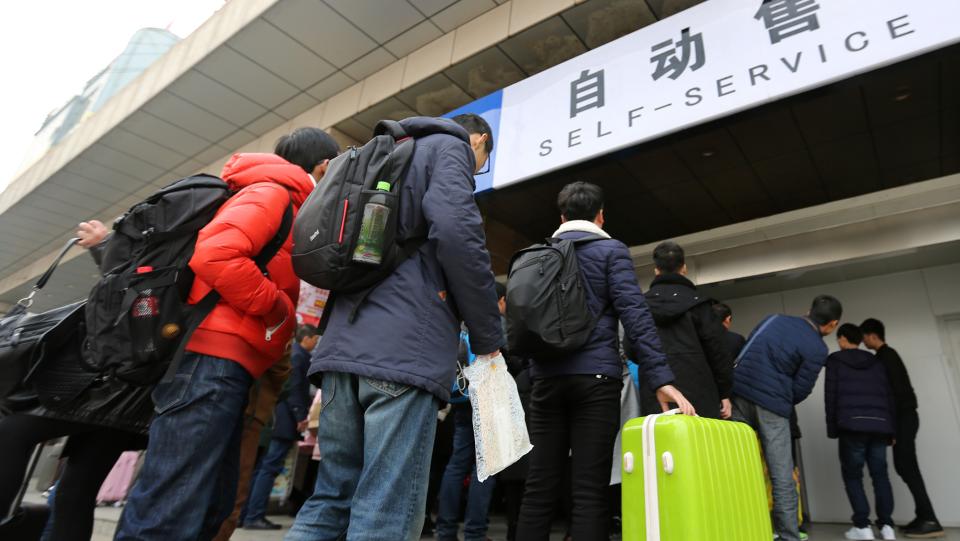The National Development and Reform Commission issued a notice in January, stating that high-speed train ticket prices in the southeastern coastal areas are to be adjusted from April 21, with some being raised and some lowered.
This is the first price adjustment to high-speed rail lines since China Railway was granted the power to change the prices, meaning that ticket costs would fluctuate in line with market principles. However, the public expressed concern that ticket prices might rocket up and contended that any fare changes should follow legal provisions and policies.
It is feasible to reform the railway sector to generate a markup based on the market, said Li Sijie, commenting on news site www.nen.com.cn, adding that the railway sector adjusts the price in a bid to raise funds to build more rail lines and maintain or repair facilities, and price fluctuations would stay in a reasonable range.
Zhao Jian, a professor at Beijing Jiaotong University,said that the moderate adjustment is based on construction and operating costs. Zhao added that the southeastern coastal region pilots this price reform since the region is economically developed and high-income and business people place priority on fast and comfortable services and are less sensitive to price changes.
This market-oriented reform could change supply-demand relationships, as Lu Yanan, an economic reporter for People’s Daily, argued. Lu said this reform will help the railway operator reduce losses, and improvement in railway returns will also help attract more private capital to serve the sustainable development of high-speed railway construction.
But, Wang Mengshu, a rail expert and also an academician at Chinese Academy of Engineering, countered that this price adjustment is unreasonable, since the firms should concentrate on increasing the number of passengers rather than hiking the price under the pretense of improving services.

 Old Version
Old Version